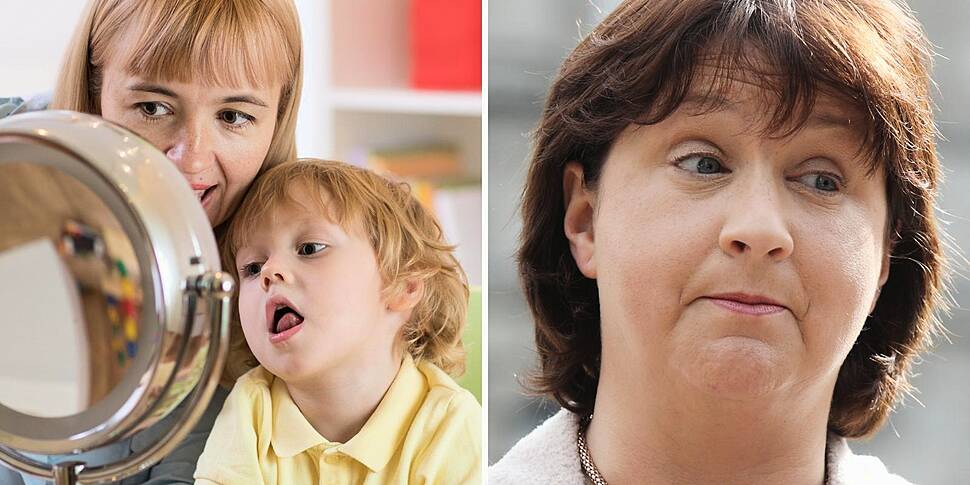Children with disabilities will not be taken off waiting lists if their parents fail to attend therapy training courses, the Minister of State for Disabilities has told Lunchtime Live.
Anne Rabbite was speaking after parents said they were being ordered to attend training courses so could carry out therapies on their own children.
Parents said they were told that if they failed to do so, their children would be removed from waiting lists for crucial therapies like speech and language and physiotherapy.
There are currently 34,000 children on waiting lists for crucial therapies like speech and language and physiotherapy in Ireland.
On Lunchtime Live this afternoon Minister of State Anne Rabbitte said “the demand for services is huge” – but insisted work was underway to reduce the lists.
Asked whether children could be removed if parents failed to attend training courses, she said: “That won’t be happening.”
Minister Rabbitte said the training courses were put in place to support families while their children were also receiving professional therapy.
She said any suggestion that the training courses could be viewed as an alternative to therapy is wrong, adding: “I will not stand over that: I am very clear on it.”
“The miscommunication is our biggest, biggest issue here,” she said.
“We are not communicating well to parents. We are misleading and telling them that the only way we will support them is through universal support and we are no longer doing therapies – that couldn’t be further from the truth.
“These are children with complex medical needs. They need intervention and they don’t just ned a block of it. They need it in some cases for life.”
Minister Rabbitte said she met with the HSE yesterday and made her position on the matter clear.
She said she has also met with the health Minister and Children;s Minister – and plans to host a two-day conference on the matter in April.
“We’re putting everything out on the table,” she said.
“We are going to sort out the communication piece and we are going to be very clear to parents about what their pathway of intervention and support looks like to them.”
You can listen back here:









